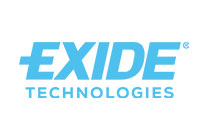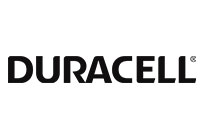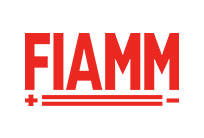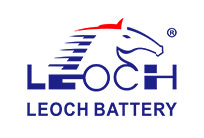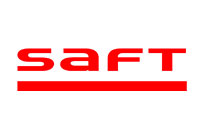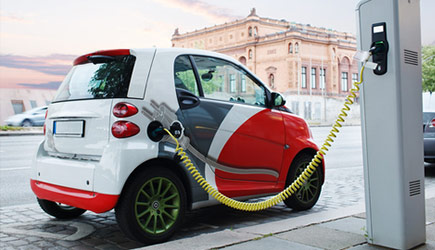
EU: New charging point regulation coming in April
New regulations for charging electric cars will come into force across the EU from April 2024. The changes will affect the payment functions at charging points in particular and are expected to result in additional costs for consumers.
From April 13, 2024, new rules for charging stations for electric vehicles will apply in the EU. Previously, it was planned that new rules would apply uniformly to all charging stations from July 2024 in accordance with a revision of the German Charging Point Ordinance (LSV). However, the EU has now pre-empted the changes, as the Alternative Fuels Infrastructure Regulation (AFIR), which was launched in July 2023 and will now take effect from April, will also result in a swift amendment to the German ordinance.
In concrete terms, this means that the same rules for charging stations will soon no longer apply everywhere. In future, a distinction will be made between newer charging points with at least 50 kW and charging points with lower outputs. For the latter, a dynamic QR code will apparently be sufficient to start and pay for the process, while a payment system with a card reader or contactless payment function will be required for the faster stations. The payment process should have a corresponding backend that guarantees a secure data connection.
Charging infrastructure in Europe to be standardized
Despite the obvious consumer benefit of being able to pay for charging processes quickly and easily, the Bundesverband Beratung Neue Mobilität (BBNM) criticizes the changes. On the planning side, there will be an enormous amount of work, as many of the existing charging points will no longer be permitted as they no longer meet the requirements. The main reason for this is the lack of functions for generating dynamic QR codes.
Due to the complexity of the new regulation, there is not only a high need for advice for charging point operators. According to BBNM forecasts, considerable additional costs are also likely to be incurred for public charging infrastructure, which will ultimately be passed on to the end customer. This would make public charging, which is already very expensive, even more expensive.
Although the planning effort required by the new regulation is high, the rules are an important step towards establishing standardized functions at all charging stations across countries. In addition to the aforementioned regulations on payment options, key points of the AFIR include specifications on the density of a European charging network on major highways. E-car drivers should therefore be able to find charging stations every 60 kilometers. Any retrofitting is required by 2027.
Sources: electrive, Sebastian Schaal, 17.01.2024
ecomento, 15.01.2024
Image: iStock




